Top categories

Flags, Banners & Display Accessories

Lanyard

Souvenirs Gifts

Stickers

Other Gifts

Promotional & Business Gifts

Festive Gifts

Novelty Gifts

Crafts

Key Chains
About products and suppliers
Exploring the Versatility of Cow Horns
The craft of transforming cow horns into decorative and functional items has been a part of human culture for centuries. As a cow horn importer, one facilitates the supply of this unique material to artisans and manufacturers worldwide. The cow horn, a byproduct of the agricultural sector, is known for its durability and natural beauty, making it a sought-after commodity in various industries.
Types and Applications of Cow Horns
Cow horns come in a range of sizes and shapes, each suitable for different applications. From creating buttons, handles, and musical instruments to being the raw material for ornate drinking vessels and sculptures, the uses of cow horns are as diverse as they are numerous. In the realm of fashion, horn components are often seen adorning accessories and jewelry, providing an organic aesthetic that is both rustic and elegant.
Features and Material Processing
The process of preparing cow horns for use is meticulous. It involves cleaning, curing, and sometimes shaping the horns to meet the specific needs of crafters and designers. This natural material is appreciated for its texture and color variance, which ensures that no two pieces are exactly alike. The inherent strength of the horn makes it a reliable material for a variety of crafts and products.
Advantages of Using Cow Horns in Crafts
Utilizing cow horns in crafts not only promotes sustainability by repurposing what would otherwise be waste but also offers a piece of nature's artistry. Each horn boasts a unique pattern, making every crafted item one-of-a-kind. The horns can be polished to a high sheen, carved with intricate details, or left in a more natural state to suit the aesthetic of the project at hand.
Environmental Impact and Sustainability
The role of a cow horn importer is crucial in supporting sustainable practices within the industry. By sourcing horns that are byproducts of the food industry, importers help reduce waste and promote the use of organic materials. This not only supports environmental sustainability but also provides a natural and biodegradable option for consumers looking to make eco-friendly purchases.
Collaboration with Artisans and Crafters
A cow horn importer often works closely with artisans, supplying them with the raw materials needed to create their wares. This collaboration is essential in keeping traditional crafts alive and providing a platform for cultural expression through the medium of cow horn artistry.
In conclusion, the role of a cow horn importer is integral to various industries, from fashion to home decor. By understanding the material's properties, applications, and benefits, one can appreciate the value that these natural products bring to the market.
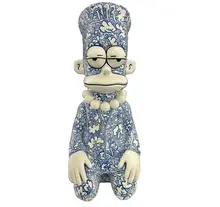
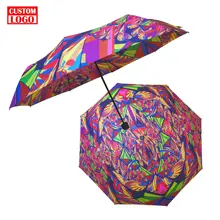

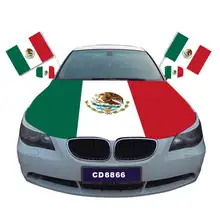
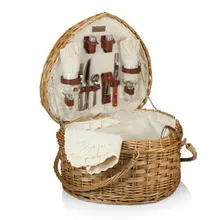
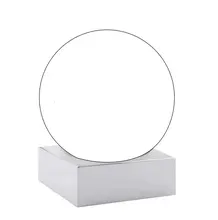


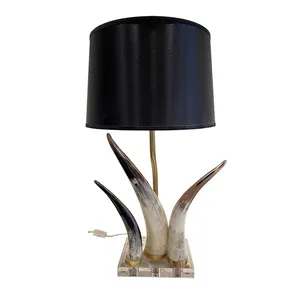















 浙公网安备 33010002000092号
浙公网安备 33010002000092号 浙B2-20120091-4
浙B2-20120091-4